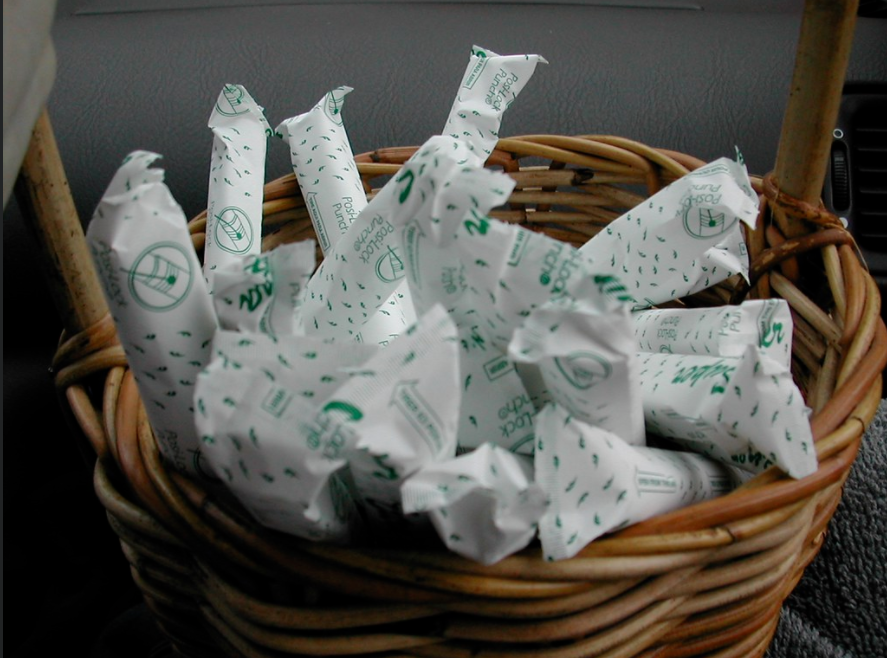Contributing Writer May Lan Dolphin, ’21
Affluent women often take for granted their access to important consumer goods such as menstrual supplies. However, low-income women often face “period poverty” and many can’t afford these necessities. Women are underprivileged for many reasons including the pay gap between genders and the lack of government assistance for basic necessities. Therefore, it is critical that the United States treats menstrual health as health care and exempt such supplies from taxation.
Poverty USA states that 12.9% of women in 2018 lived in poverty, which equals around 21.4 million women. These women were unable to achieve a basic living standard with enough money to buy necessities such as food, clothing, and access to housing. Furthermore, a survey by Reuters Health of low-income women in a large U.S. city found that two thirds couldn’t afford menstrual hygiene products. This can be humiliating for women and affect their dignity.
The economic disadvantages for women can be seen in several different lights. The US Census Bureau reports that a woman working full time in 2019 earned 80.7 cents for every dollar that a man earned. In addition to being financially disadvantaged, women often have to use their limited income to support others. Eighty percent of single parent households are run by women. If the United States did more and created equal access to menstrual supplies, women would have more money at the end of every month to care for their family.
It is important to note that government subsidized organizations and other welfare programs, such as the Supplemental Nutrition Assistance Program (SNAP), do not cover menstrual health products and hence many women aren’t able to access these necessities. While the United States exempts certain necessities from being taxed, it does not exempt period supplies from taxation. This is because the Internal Revenue System (IRS), does not consider menstrual products to be medical devices or a necessity, and forces women to pay taxes. Many lower income women are forced to choose between buying food or sanitary supplies. If the “tampon tax” were to be repealed, it would allow women to put those savings towards food and other basic needs.
Fortunately, there has been some legislation passed to help impoverished women. For example, Mayor de Blasio (New York City) passed Intros. 1122-A, 1123-A, and 1128-A to increase accessibility to period supplies throughout schools and prisons. However, many women still struggle to achieve menstrual hygiene. Without necessary support they can suffer stigma and embarrassment. Therefore, it is necessary that the government does more to increase accessibility to menstrual products in order to end “period poverty.”
- Carroll, Linda. “Even in the U.S., Poor Women Often Can’t Afford Tampons, Pads.” Reuters, Thomson Reuters, 10 Jan. 2019,
- “The Population of Poverty USA.” Poverty USA
- “Mayor De Blasio Signs Legislation Increasing Access to Feminine Hygiene Products for Students, Shelt.” The Official Website of the City of New York, City of New York , 13 July 2016.
- Weiss-wolf, Jennifer. “Helping Women and Girls. Period.” The New York Times, The New York Times, 28 Jan. 2015.






























